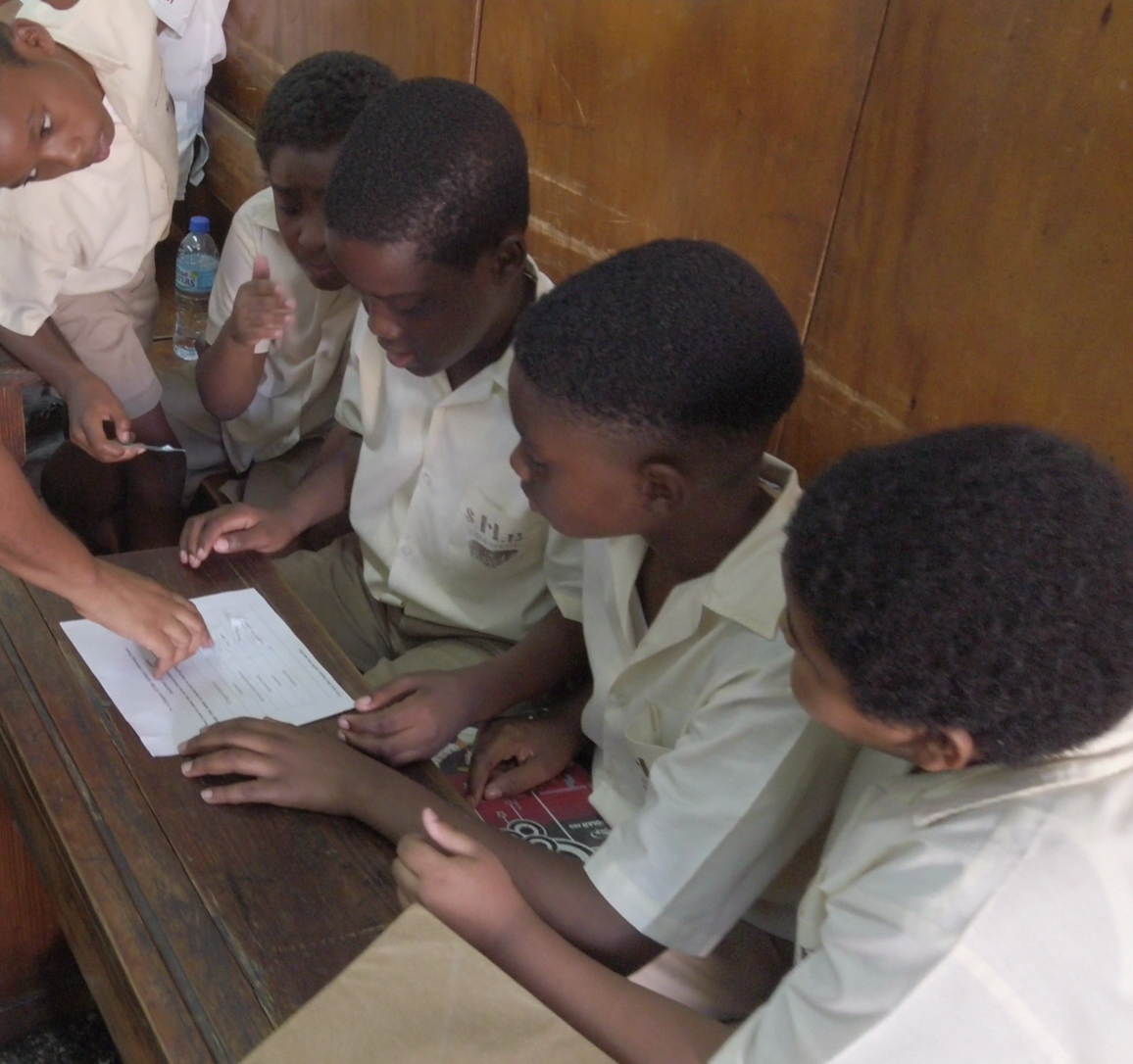
FAQ
What is Alive to the World?
Alive to the World is a proven programme for transmitting values and virtues that is in over 24 countries, available in 8 languages, reaching over 2 million children worldwide. It is a tool that is designed to help students at different levels to appreciate and assimilate universal values, incorporating them into habits, so that they lead a healthy, happy and stable life both in the family and within the community. They are equipped to make good decisions as they build their life project.
Is Alive to the World non-denominational?
Yes. Alive to the World is based on universal values which are common to all the major denominations and cultural heritages. No religious training of any sort is required nor provided for its effective implementation in public and private schools.
Who is the authorized Alive to the World representative in Trinidad and Tobago?
Communities Alive (CA) is the authorized representative of Alive to the World in Trinidad and Tobago. CA has exclusive permission to provide training to educational institutions who wish to implement the program and also exclusive rights to print its copyrighted materials.
What is Communities Alive (CA)?
Communities Alive (CA) is a non-profit company incorporated under the Companies act (CH. 81:01) with the mission to help schools in the implementation of effective programs for educating in Personal, Health, Social and Economic well being.
We are affiliated with Alive to the World International (http://www.alivetotheworld.org) whose training programs and materials are the core of the products we offer. CA in fact is the exclusive partner of Alive to the World in Trinidad and Tobago.
The strong emphasis on marriage in the books appears anachronistic in a world where many children come from broken homes.
Alive to the World goes out of its way to be non-judgmental of split parents, but at the same time it makes clear that the natural family is centred on marriage and that marriage, like all worthwhile things, takes effort. The characters in the stories portray life with all its stresses and problems, but show how these can be resolved in the give and take of commitment to family and friends. The books have been used with great success among the poorest children from very broken environments. For some, they are the only introduction to married life that children have encountered and the only models of married behaviour that they will see while young.
Isn’t it difficult to teach marriage to those who have never known it?
Every teacher will be aware of the sensitivity of the subject and will want to put it across delicately. Sometimes this can be demanding. However, children naturally aspire to permanence in their relationships and the large majority will say that they want to get married. Experienced Alive to the World teachers find that children already know when their own families are broken in some manner and do not want to be told otherwise. While they do not want to judge their parents, they appreciate help to live their own lives differently.
Is it fair to lift children’s expectations of marriage while knowing that statistically so many marriages fail?
The picture of marriage given to children can be unduly pessimistic. There are known patterns of behaviour which lead to good marriages and by beginning with children when they are young, much can be done to help them achieve success. ATTW helps children to respect their physical, social, emotional, intellectual and spiritual integrity and encourages them to become people who are easy to live with. ATTW may be particularly relevant for those who have less good role models at home.
Does the programme cover multiculturalism?
Alive to the World shows each value in its universal application and includes examples from many cultures. Respect for other people is fundamental to its teaching throughout. There are individual chapters on understanding people from other backgrounds, but most of the teaching is centred on respecting others whoever they are. There are, for instance, moving chapters on making friends with a child with Downs’ syndrome. A large-scale validation exercise found that Alive to the World is particularly strong in encouraging children to accept people who are different from themselves while being self-confident in their own identities.
Are the Alive to the World books limited to the main subject areas of their titles?
Each book is arranged in units and chapters which cover a broad range of issues around a central core. The teacher manuals have a framework of topics in their introduction which describes the subjects covered and the key values which are being addressed in each. The section “Curriculum Outlines” on our website provides detailed information of the topics covered in each book.
Is the teaching just in the stories?
The stories are springboards for the main teaching which is explained clearly in the Teacher Manuals under the headings: Knowing, Accepting, and Doing. Full notes give ideas for discussion and suggest exercises within these three headings. Where books are used with individual children, there is enough in the stories to open conversations which otherwise might not take place.
Is it necessary to have a book for each child?
The student books are attractive to hold and look at and are designed to encourage the children to want to read the stories. They look ahead to what is coming next, and flick back to earlier stories, giving continuity and allowing for deeper understanding as the story unfolds. Young people themselves say that they do not like loose papers and pay less attention to them. Teachers confirm that it makes a big difference when pupils each have a book.
